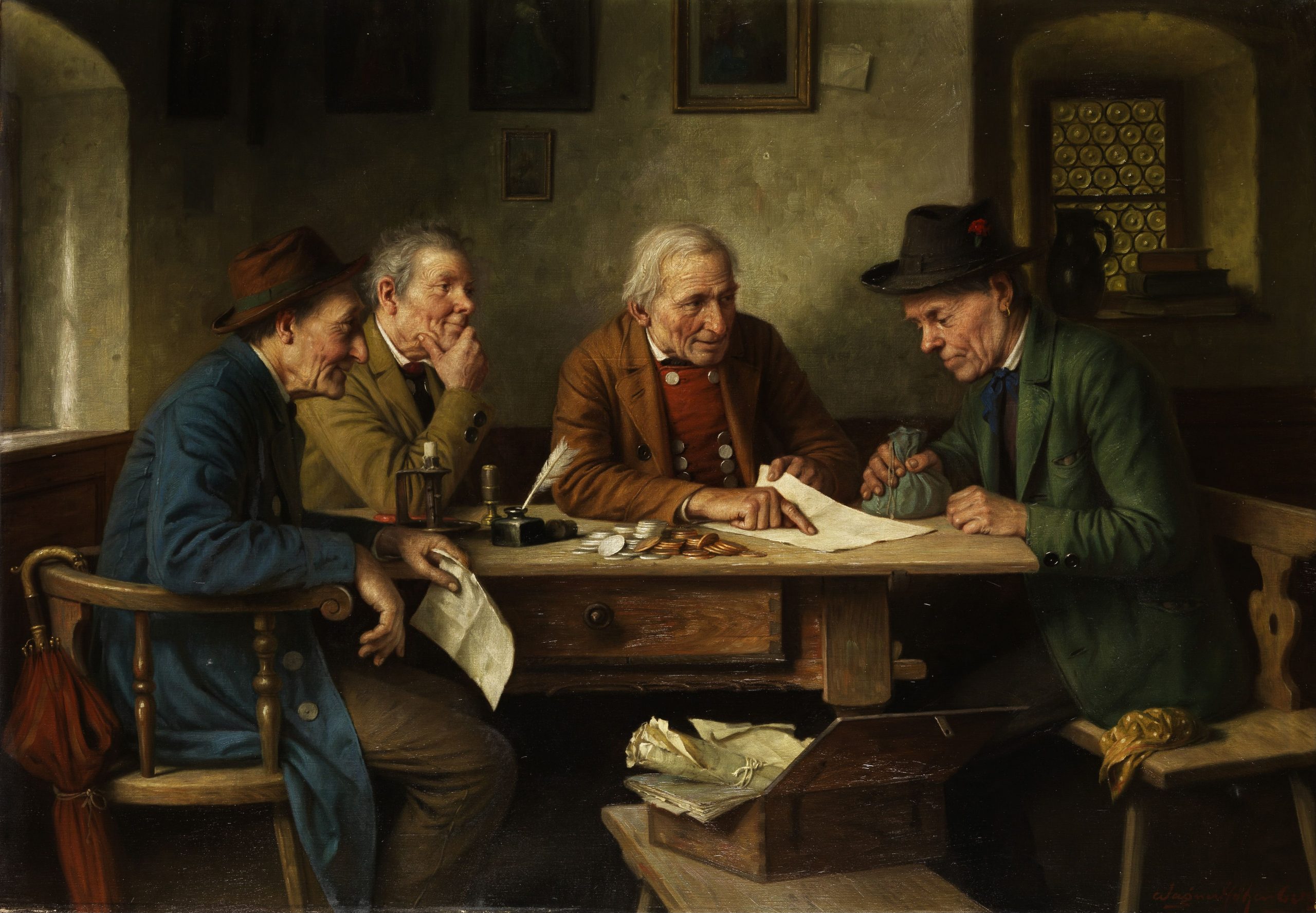In earlier videos, I talked about the things that are up to us, and the things that are not up to us. In this video, I want to go a bit deeper into how we approach life by a powerful yet dangerous tool in our toolbox: our judgment.
Have you ever asked yourself this question: what do I truly control in this world?
Well, the truth is that the number of things that are up to us is surprisingly small, and does not exceed the confines of our own actions. One thing that is up to us is our ability to judge.
Life consists of a series of events, that aren’t inherently good or bad. This could be a badly fried egg, a traffic jam or eating a delicious plate of fried rice somewhere in Asia.
Nevertheless, people seem to be overly judgemental these days. Judgment makes reality good or bad, desirable or undesirable, fun or boring, et cetera. Thus, by our judgments, we categorize the universe, which defines our position towards it.
The thing with judgment is that we will prefer some things over other things. Strong preferences and strong dispreferences generate cravings and aversion, which are both potential sources of misery.
Marcus Aurelius said about this:
You take things you don’t control and define them as “good” or “bad.” And so of course when the “bad” things happen, or the “good” ones don’t, you blame the gods and feel hatred for the people responsible—or those you decide to make responsible.
Marcus Aurelius, Meditations, 6-41
An example.
Our minds conclude that money is necessary to survive in this world, so we make sure we have enough of it.
However, our judgment towards money might result in the opinion that wealth is good and poverty is bad. Thus, we start craving money which makes us greedy.
At this point, we care so much about the accumulation of cash, that our happiness depends on it. So, if we aren’t wealthy we suffer. And if we become poor, we are in agony.
I’ve experienced this myself when I was hung up on Cryptocurrencies two years ago; when the market went up, my mood went up. But when the market went down, my mood went down. As soon as I realized the vicious cycle I was in, I made an effort to detach myself from it.
Aversion is the other side of the same Bitcoin (pun intended). If we, for example, averse poverty, we’ll not only spend our lives avoiding it; if fate decides that we become poor, we become absolutely miserable.
The problem is that both wealth and poverty aren’t up to us. Therefore, judging one as good and one as bad will make us chasing the one and avoiding the other. This means that we will live our lives in fear and worry, and be miserable when the thing we averse overcomes us and when the thing we crave for, doesn’t.
I know that non-judgment is a difficult thing to do. Personally, reminding myself that, whatever I pursue, I do not control the outcome, has helped me to regain my peace of mind in times of worry. This Stoic mind-hack is called Amor Fati, and I made a video about it.
So, how should we judge?
Marcus Aurelius proposes this:
Much of our bad behavior stems from trying to apply those criteria. If we limited “good” and “bad” to our own actions, we’d have no call to challenge God, or to treat other people as enemies.
Marcus Aurelius, Meditations, 6-41
To harvest the power of judgment, we should judge ourselves. Stoics aim to live virtuously or living in accordance with nature because virtue leads to happiness.
Self-judgment means that we evaluate our own actions and decide if they indeed are aligned with nature. This way, we can use our judgment to learn what we did wrong and make better choices in the future.
Simply put: don’t judge what isn’t up to us. Judge, what is.
